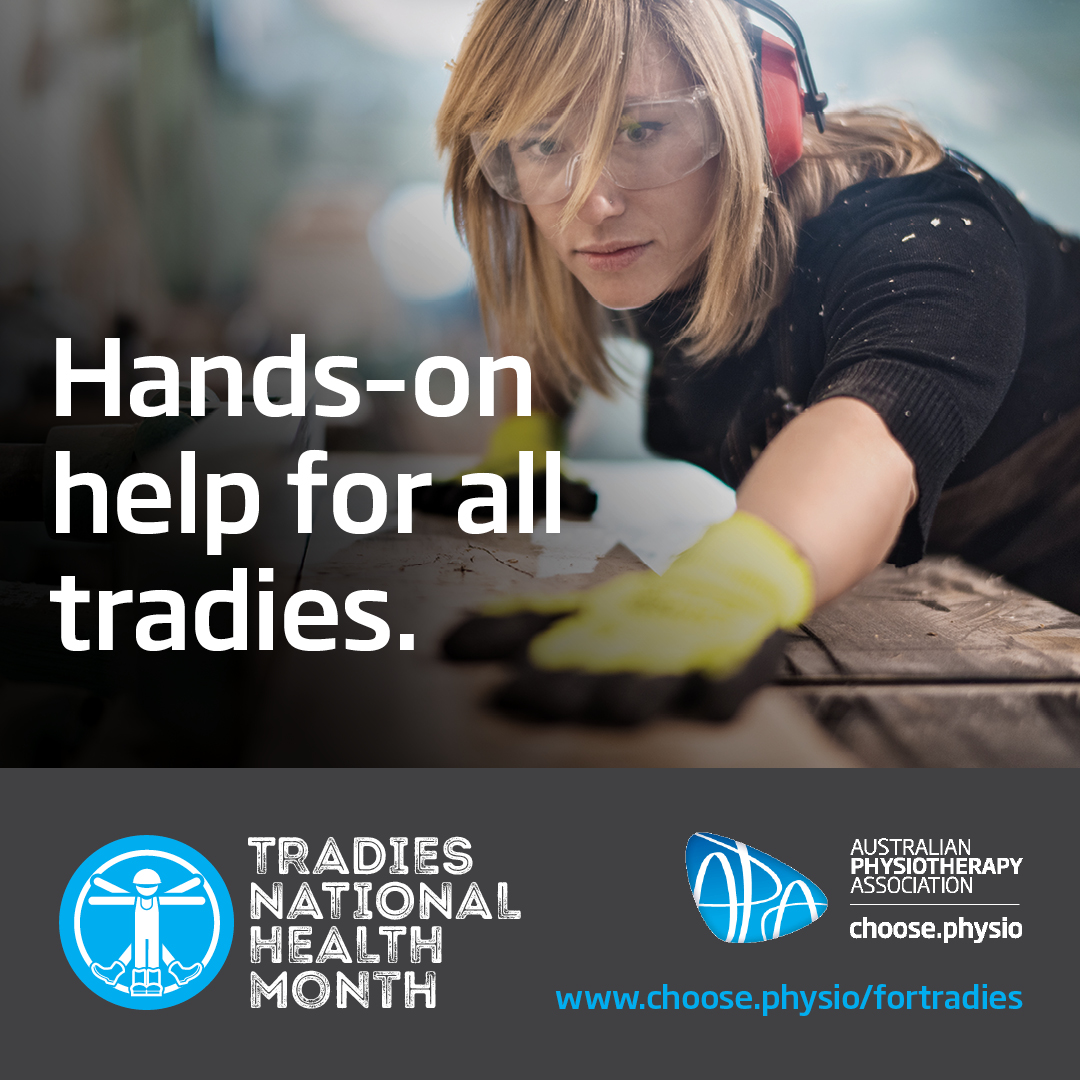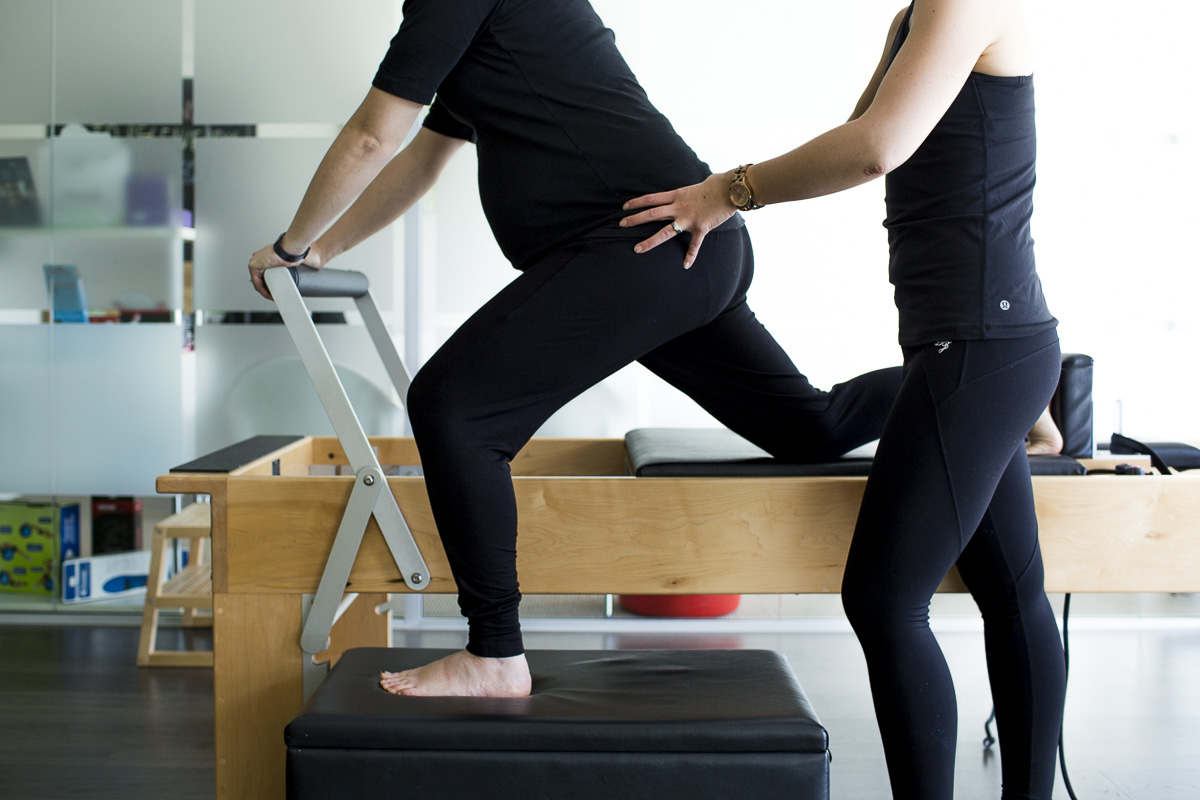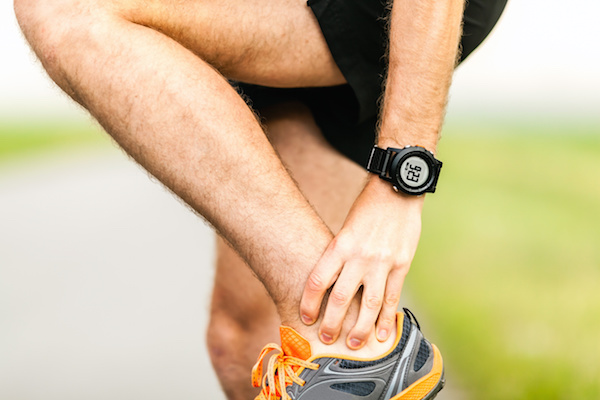How to prevent injury for an endurance event
With an active community of clients and ourselves having participated in trail runs/walks we understand the importance of preparation and injury prevention. Nothing can be more disappointing than putting in all the training only to pull out of your event due to injury. We’ve put together some simple tips to ensure you get the most out of your event.
- Preparation
It might seem simple but the most frequent comment from walkers who visited us at the physio tent at Coastrek 2018 was that they hadn’t trained enough. Many walkers thought “it’s only walking, I can do that” but when do we ever do 30km or 60km walk in 1 day or multiple days of walking if you’re preparing for an adventure tour. Your feet, legs and body need to get used to walking long distances to understand where you might feel niggles, what energy you require for that distance, how much water will you need to drink. These are all important factors that can stop you in your tracks on event day but are so easy to find out during training walks. Put together a training plan, grab a friend to keep you accountable and you will fly through the event knowing you’ve given it your best with the amount of preparation you did.The right gear
2. The Right Gear
Again being prepared and discovering during the training walks what gear is best for your body is going to prevent injury on event day. Most of us know the importance of wearing in new shoes, but what if we have the wrong shoes. There are great shoe stores with knowledgeable staff who can help select the best footwear for you to prevent blisters, plantar fasciitis or tendonopathies (to name a few). Likewise you may find during training your knees start to hurt, this is where walking poles can help to take some of the load off your knees particularly when climbing stairs or descending hills.
3. Strength training
This is where your physio can help you be event ready. The stronger your legs and core the less likely you will suffer an injury. We’ve included a few key exercises we recommend for our clients who are training for endurance events.
Calf raises:
Start in a balanced stance with your feet shoulder width apart and then raise yourself up on your toes as high as possible, keeping your ankles straight and not rolling in or out. This can be done standing on both feet or just one foot.
Return back to the starting position. Repeat 10 x for 3 sets
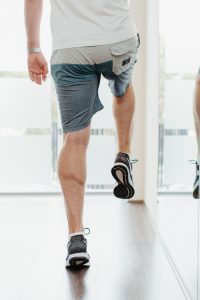
Squats:
Stand
with your feet shoulder-width apart.
Engage your core muscles and gently squat
down.
Bend your knees, pushing your hips back behind you and leaning your body forwards, as though you are about to sit on the chair. Make sure your knees don’t come forwards of your toes, or come closer together. Repeat 10 x for 3 sets
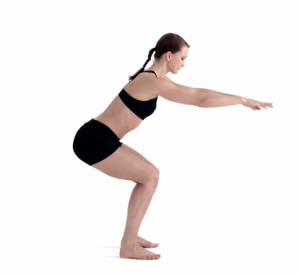
Bridging:
Lie on your back with your knees bent and your feet flat on the floor.
Tighten your buttock muscles and lift your hips up into the bridge position.
Make sure you keep your hips up and level throughout the movement. Repeat 10 x for 3 sets.

Sit ups:
Lie on your back with your knees bent and your feet flat on the floor. Place hands behind your head.
Draw in your deep abdominals and lift your chest/upper torso until your shoulder blades are just resting on the mat.
Make sure your spine stays in neutral, not flattening or arching. Your neck and shoulders should be relaxed, and the weight of your head resting in your hands. Repeat 10 x for 3 sets.

You shouldn’t experience any pain with these exercises so if you do please chat with your physio.
4. Address the niggles
Nothing is better than addressing your aches and pains before they become full blown injuries. If something feels tight or stiff a remedial massage can help but if that area starts to become painful see your physio straight away. With some treatment and exercises your niggle can go away and not stop you from completing your event.
5. Have fun
We’re hearing a lot about the benefits of mindfulness and mental wellbeing on pain. With a positive outlook on event day what can be seen by the brain as a threat or injury (but is actually just muscle soreness) can be overcome through having fun with your peers. The power of positive thinking is true and will get you through those hard kms to the finish line. And even better your achievement might even get you forgetting the pain and signing up for next year.
We look forward to supporting Coastrek 2019 and if you need any physio before the event please get in touch with us at Physio On Miller, Cammeray.


